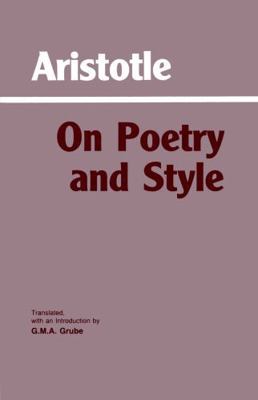All Formats & Editions
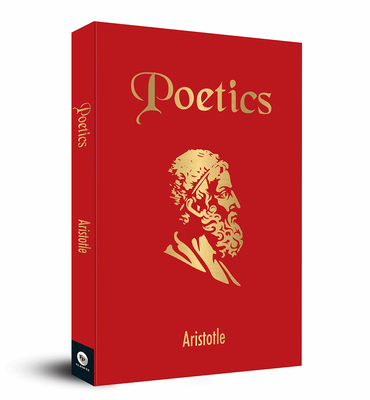
Poetics (Pocket Classics)
Poetics is a literary gem that explores the essence and principles of Greek tragedy. Aristotle's timeless treatise delves into the art of storytelling, examining key elements like plot, character, and catharsis. This pocket-sized edition is perfect for literary enthusiasts...

Poetics (Penguin Classics)
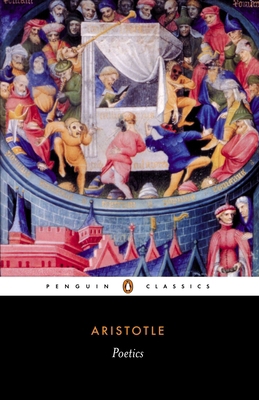
Poetics
Essential reading for all students of Greek theatre and literature, and equally stimulating for anyone interested in literature In the Poetics, his near-contemporary account of classical Greek tragedy, Aristotle examine the dramatic elements of plot, character,...
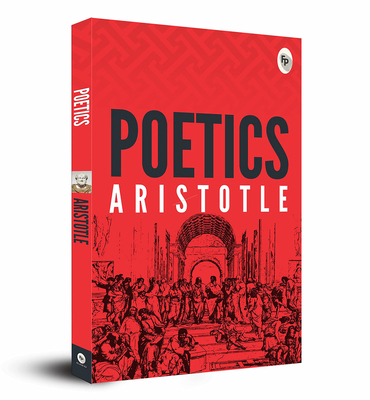
Poetics
Discover the timeless wisdom of Poetics by Aristotle. This classic work explores the essence of storytelling and the principles of drama, inspiring generations of writers and scholars. Engaging, insightful, and beautifully translated, it's a must-have addition to any literary...
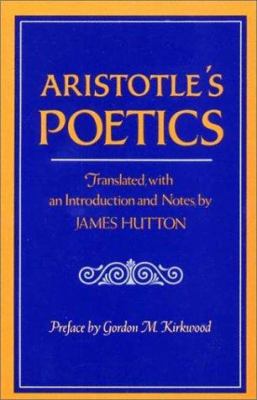
Aristotle's Poetics
Aristotle's doctrines are basic to every critical discussion of Greek tragedy and of other literary forms. Although the Poetics has often been denounced or rejected, such rejection is usually the result of a misunderstanding of what Aristotle says. And that is where Hutton's...
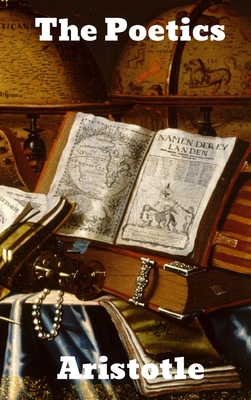
The Poetics
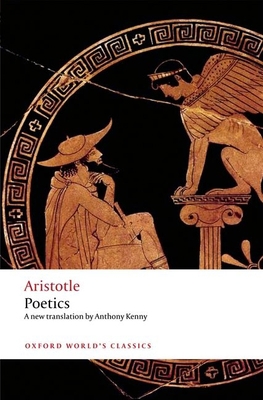
Poetics
"What is poetry, how many kinds of it are there, and what are their specific effects?" Aristotle's Poetics is the most influential book on poetry ever written. A founding text of European aesthetics and literary criticism, it has shaped much of our modern...
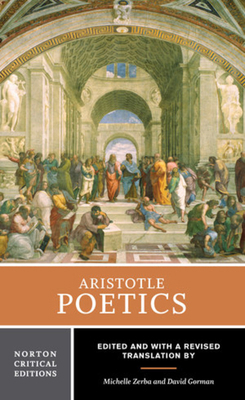
Poetics: A Norton Critical Edition
This Norton Critical Edition also includes:
- A preface, full introduction, and appendix ("On Tragic and Epic Performance") by Michelle Zerba and David Gorman.
- "Ancient Sources," giving readers the opportunity to consider the epic, dramatic, philosophical, and rhetorical...

Poetics
Essential reading for all students of Greek theatre and literature, Aristotle's Poetics remains equally stimulating for anyone interested in literature. In his near-contemporary account of classical Greek tragedy, Aristotle examine the dramatic elements of plot, character, language...

Poetics: With the Tractatus Coislinianus, Recon...
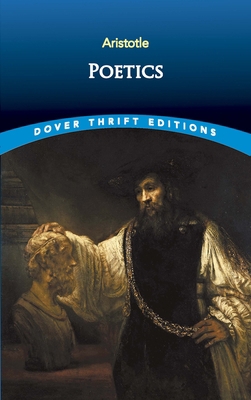
Poetics
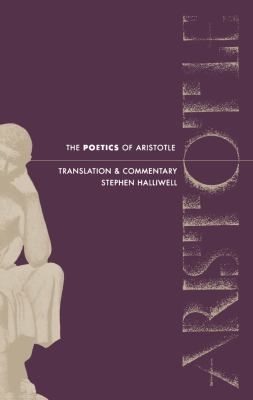
The Poetics of Aristotle: Translation and Comme...
Incorporating the best modern work on the Poetics , Halliwell's translation is aimed at those who want a reliable version of Aristotle's ideas along with concise and stimulating guidance. A running commentary explains the structure and detail of Aristotle's argument, attempts...
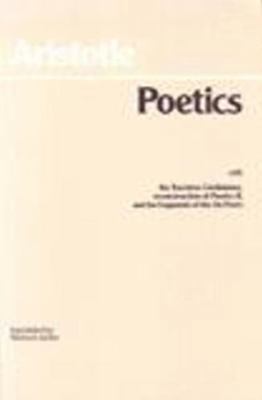
Poetics: With the Tractatus Coislinianus, Recon...
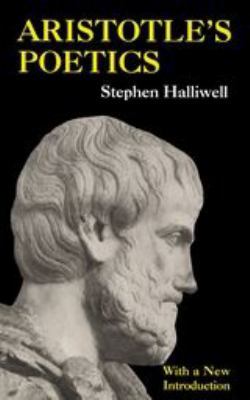
Aristotle's Poetics
An analysis of Aristotle's "Poetics", this work attempts a sustained interpretation of the text, contending that it states a challenging theory of poetic art. It hints at a theory of mimetic art, and represents Aristotle's philosophical urge to work out a secularized understanding...
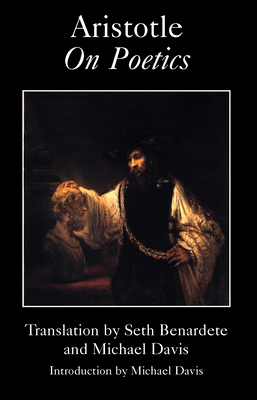
Aristotle on Poetics
Aristotle's much-translated On Poetics is the earliest and arguably the best treatment that we possess of tragedy as a literary form. Seth Benardete and Michael Davis have translated it anew with a view to rendering Aristotle's text into English as precisely as possible...
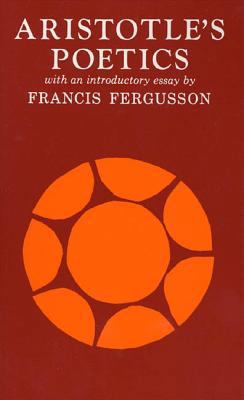
Aristotle's Poetics
Introduced by Francis Fergusson, the Poetics, written in the fourth century B.C., is still an essential study of the art of drama, indeed the most fundamental one we have. It has been used by both playwrights and theorists of many periods, and interpreted, in the course...
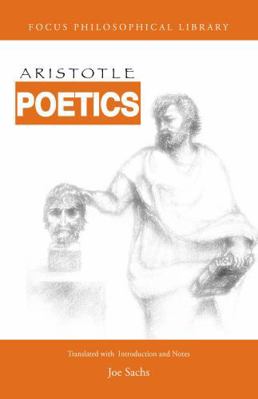
Poetics

The Poetics of Aristotle: Translation and Comme...
Incorporating the best modern work on the Poetics, Halliwell's translation is aimed at those who want a reliable version of Aristotle's ideas along with concise and stimulating guidance. A running commentary explains the structure and detail of Aristotle's argument, attempts...
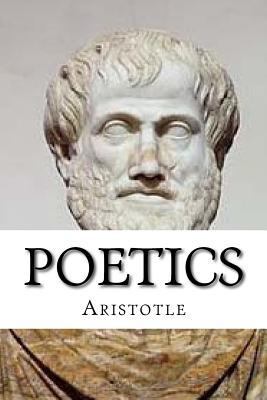
Poetics

Poetics In Plain and Simple English
Aristotle's "Poetics" is the earliest surviving work of dramatic theory--which is to say he was one of the first to identify and explain what poetry was. It's an important piece of work. But years of bad translations have almost made it unappreciated and inaccessible. BookCaps...
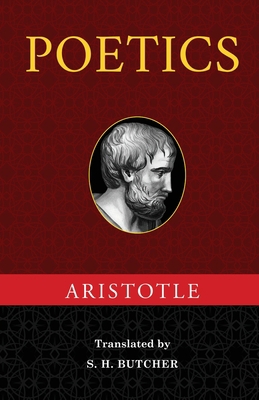
Poetics
Aristotle's Poetics is the earliest-surviving work of dramatic theory and the first extant philosophical treatise to focus on literary theory. It is widely regarded as one of the earliest and most influential works of literary criticism and has been studied by countless scholars...
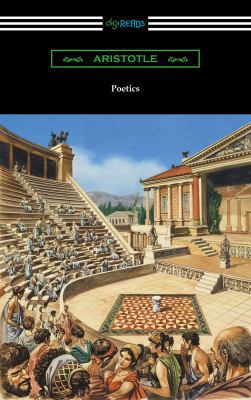
Poetics (Translated by Ingram Bywater with a Pr...

Poetics
Poetics ARISTOTLE (384 BC - 322 BC) Aristotle's Poetics from the 4th century B.C. aims to give a short study of storytelling. It discusses things like unity of plot, reversal of situation, and character in the context of Greek tragedy, comedy and epic poetry. But it still applies...
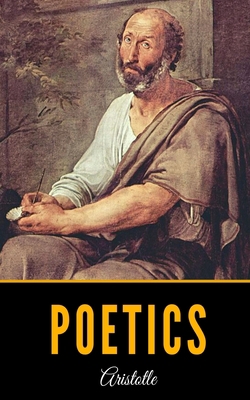
Poetics
